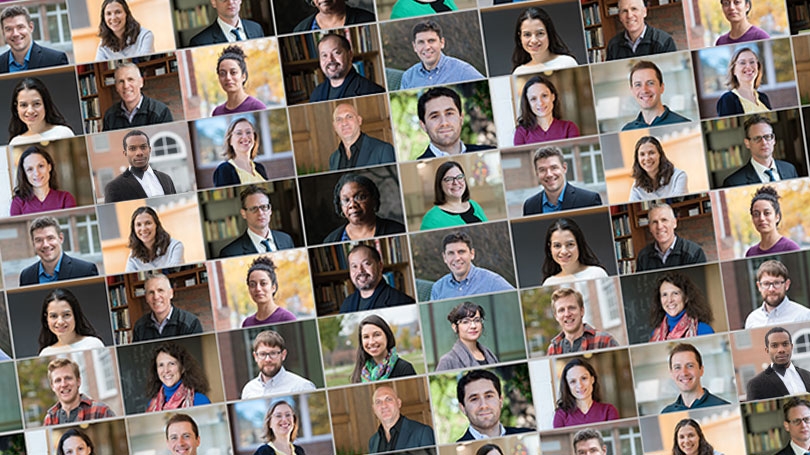
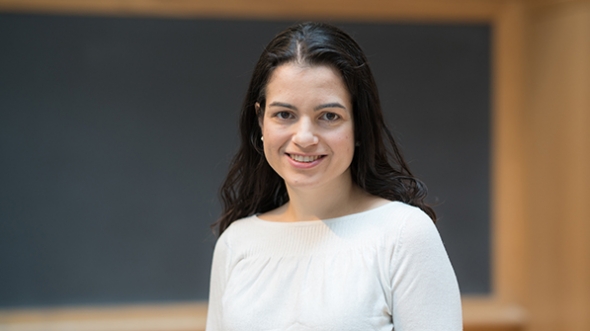
Twenty-four teacher-scholars joined the faculty this academic year.
Twenty-four teacher-scholars have joined the faculty this academic year, broadening the pool of academic and research talent at Dartmouth. The new faculty members come from a wide variety of disciplines, including anthropology, the biological sciences, economics, engineering, English, government, mathematics, medicine, and physics.
For travel and other reasons, several of the new faculty members were unavailable for photographs.

Leila Agha
Assistant Professor of Economics
I’m a health economist studying how the organization and delivery of healthcare impacts both health outcomes and costs. I’m especially interested in how to harness the power of new technology and innovation to improve care.
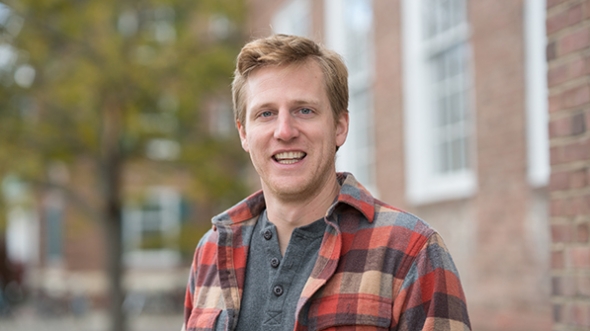
Treb Allen
Distinguished Associate Professor of Economics and Globalization
Why do people live where they do? How does where you live affect your livelihood? I study how geography shapes the spatial distribution of economic activity and how to best design spatial policies.
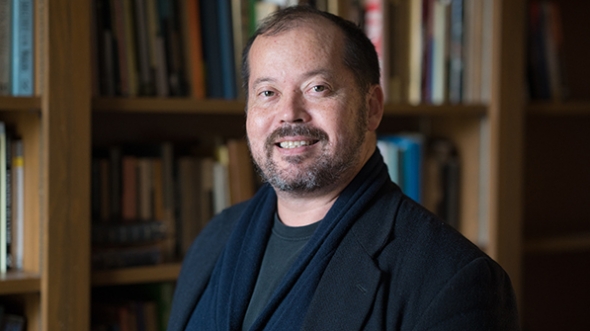
Alexander Chee
Associate Professor of English
A stranger once asked what I wrote about. I said, “You. Everything I write is about you.” This startled him—we’d never met—a quick joke about autobiography and fiction, the universal, the idea of the writer as a gossip or a snoop. But with time, I come to hope it’s true.
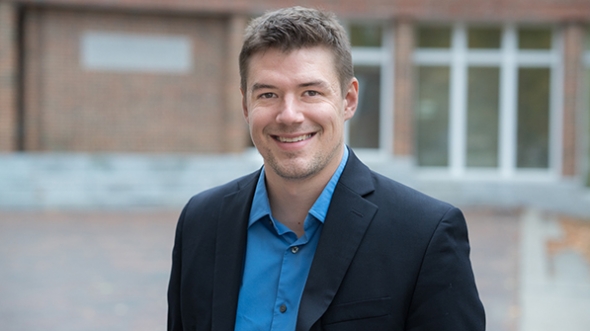
Jeremy Ferwerda
Assistant Professor of Government
My research focuses on the contentious politics of immigration in Europe. In particular, I examine how policymakers adjust public goods spending, welfare programs, and electoral strategies in response to immigrant settlement.
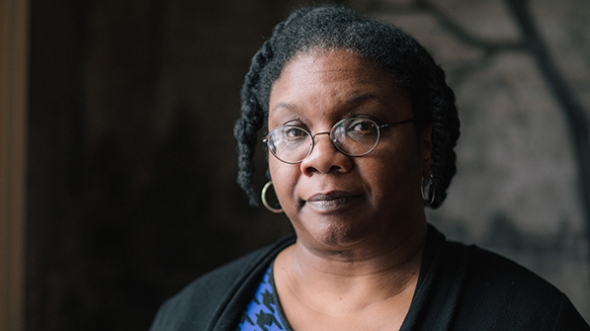
Vievee Francis
Associate Professor of English
My primary interest is in how poetry is made and the value of such deliberate creative practice. How does poetry serve us collectively and as individuals in ways that meet this moment? To gain that understanding contexts and history cannot be ignored. It is my intent to upturn and revivify how we commonly think about poetry, its lineage, and the cultural impact of received aesthetics.
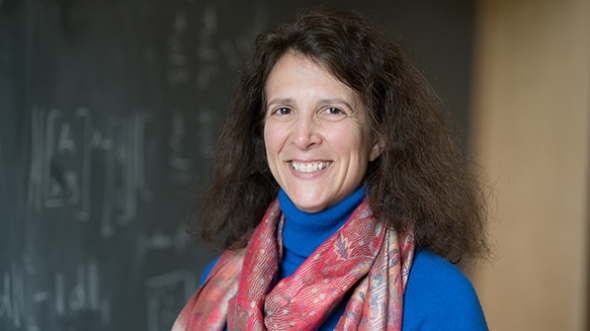
Anne Gelb
John G. Kemeny Parents Professor of Mathematics
Today’s world is increasingly rich—sometimes awash—in data. My research involves developing highly accurate and efficient data-driven numerical methods for extracting important information in applications such as medical imaging, synthetic aperture radar imaging, climatology, signal processing, and fluid dynamics.
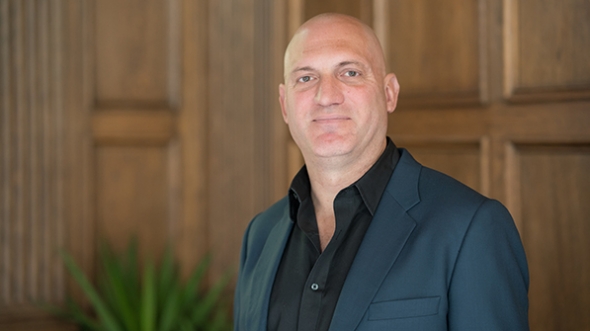
Joseph Gerakos ’90
Associate Professor of Business Administration at the Tuck School of Business
I study markets for financial services and I am currently conducting research on competition in the audit market, the performance of the asset management industry, and the relation between accounting performance and stock returns.
Why is Paris, France, an exceptional place in the African diaspora? What is Afro/Black Paris? My work explores these questions in relation to broader issues of belonging within and beyond France. My classroom is located not only on Dartmouth’s campus, but also in Paris—the City of Light.
My research explores the contention that psychoanalysis, much like Marxism, imagines itself at its inception as a praxis and theory with both universal and international claims. But while Marxism, with its emphasis on the economy and the movement of capital, is actively taken up in anti-colonial struggles, psychoanalysis—which focuses on questions of sexual and racial difference—has a more contentious trajectory.
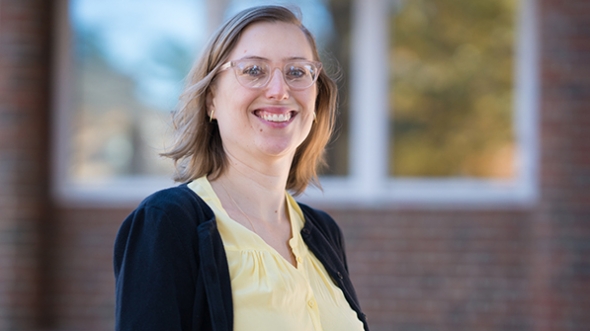
Chelsey Kivland
Assistant Professor of Anthropology
I am fascinated by Haiti—a country that inspired the democratic creed of “equality for all” but has struggled to realize a democracy true to it. I study this paradox by following the lives and deaths of Haiti’s urban poor as they strive to defend the rights of their communities amid local, national, and global constraints.
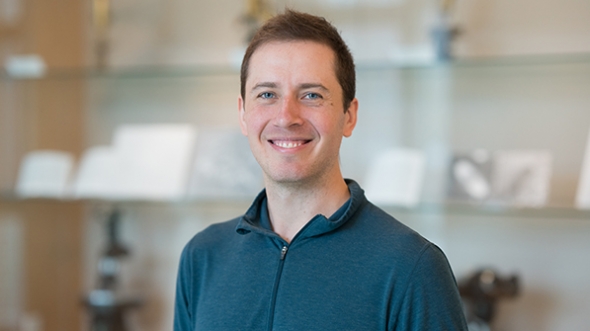
Mark Laidre
Assistant Professor of Biological Sciences
I study the ecology and evolution of behavior, especially social behavior. I am fascinated by the processes that make organisms social and the unique adaptations found in social creatures, from hermit crabs to humans.
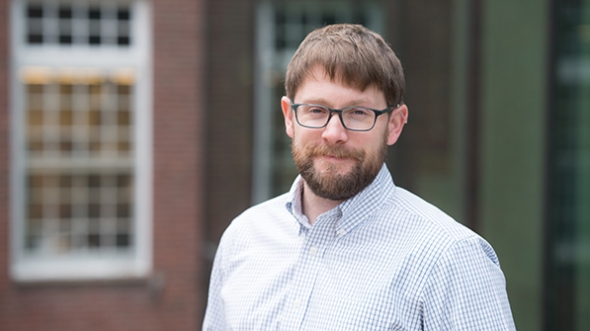
William Leavitt
Assistant Professor of Earth Science
Archaea and bacteria compose the “microbial engines” that drive Earth’s geochemical cycles. My research focuses on isotopically fingerprinting the microbes responsible for a large portion of Earth’s methane production, a key energy source and greenhouse gas.
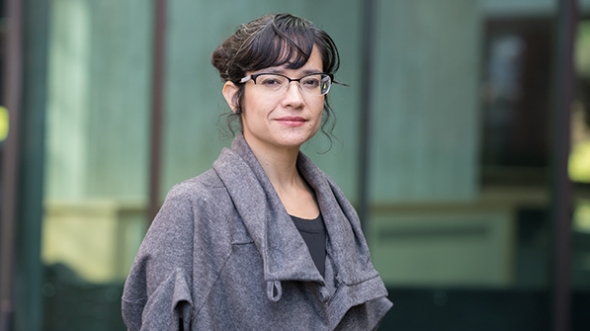
Patricia Lopez
Assistant Professor of Geography
I ask, how do we come to care about others, and how does this care have material impacts? Beginning with the co-emergence of notions of race, geography, and outbreak stories post-1492 and continuing into the present, I examine the political productiveness of discursively constructed difference through disease narratives.
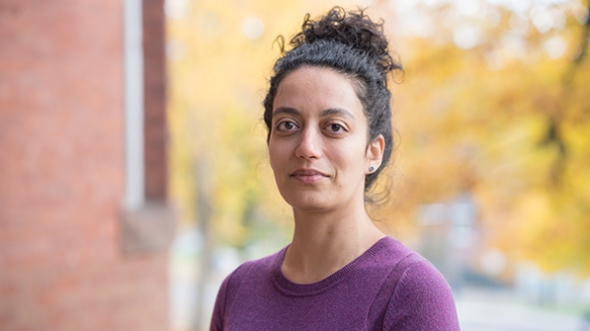
Eman Morsi
Assistant Professor of Asian and Middle Eastern Languages and Literatures
I work on 20th-century Arabic and Latin American literatures and cultures—two regions rarely studied together. Doing so has allowed me to map new ways of thinking about the world and how we understand the means by which human knowledge is produced, lived, and shared.
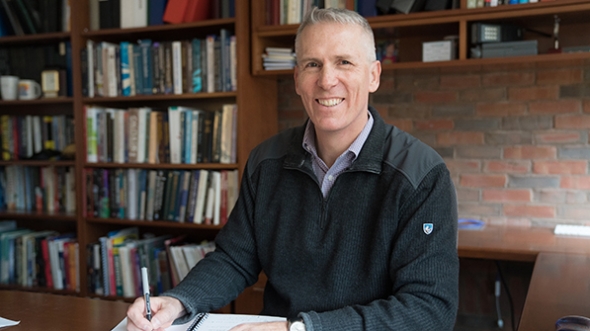
Geoffrey Parker
Professor of Engineering at Thayer School of Engineering
I have contributed to the field of network economics and strategy as co-developer of the theory of “two-sided” markets. My current research includes studies of network platform strategy and technical/economic systems to integrate distributed energy resources.
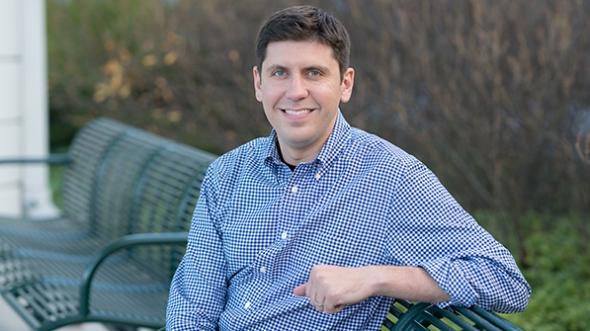
Michael Passarelli
Assistant Professor of Epidemiology at the Geisel School of Medicine
I study the molecular epidemiology of cancer, examining how the metabolism of hormones, lipids, and nutrients can influence how cells grow, communicate, and interact with the immune system.
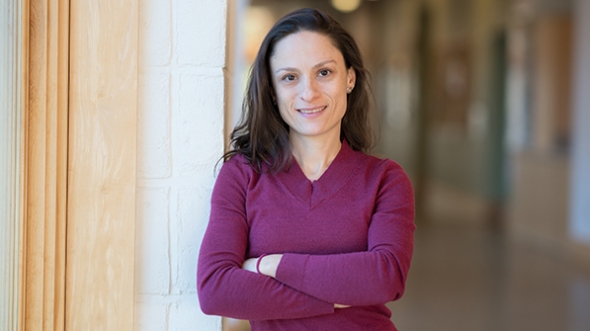
Ina Petkova
Assistant Professor of Mathematics
The main focus of my work is knot theory. I am interested in questions such as, “How many times does a knot need to pass through itself to become unknotted?” In some mathematical sense, understanding knots is equivalent to understanding three-dimensional space.
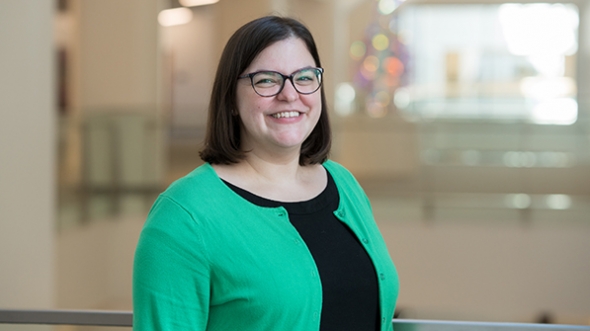
Megan Romano
Assistant Professor of Epidemiology at the Geisel School of Medicine
I work to improve the health and wellbeing of women and children by investigating the adverse consequences of exposure to environmental endocrine-disrupting chemicals during the sensitive windows of pregnancy and gestation.
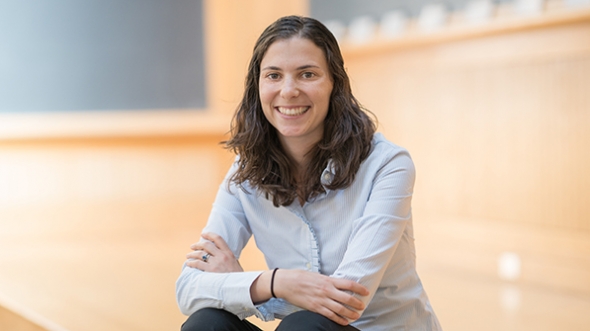
Na'ama Shenhav
Assistant Professor of Economics
I study how changes in public policy, political power and economic conditions—particularly those that benefited women relative to men—have impacted the well-being of children and families over the last century.
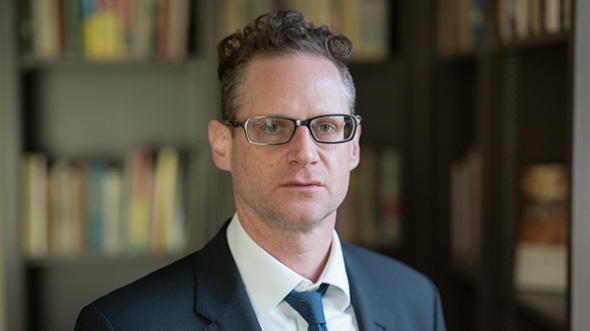
Jesse Shipley
Professor of African and African American Studies
I am an ethnographer, filmmaker, and artist who explores the links between aesthetics and politics by focusing on performances and popular cultures in the midst of changing political and economic regimes. I have conducted field research internationally focusing on the complex realities of urban life, labor, race, gender, mobility, and new media technologies.
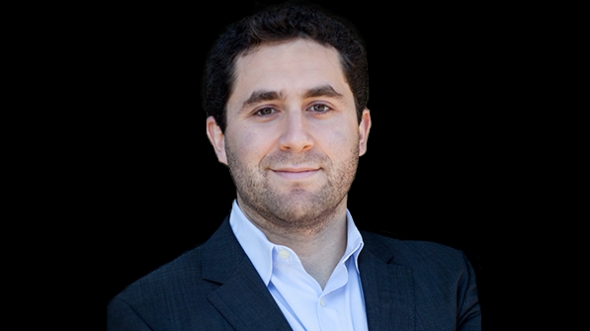
Dmitry Taubinsky
Assistant Professor of Economics
I conduct research at the intersection of public economics and behavioral economics, using a combination of theory and experiments. I study topics such as people's (in)attention to and (mis)understanding of tax incentives, energy policy for consumers inattentive to the energy costs of durables, and policies aimed at reducing underinvestment in health.
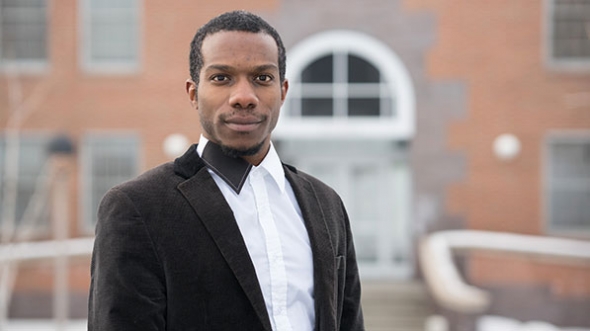
James Whitfield
Assistant Professor of Physics
My group's research interests include the study of compression techniques for quantum systems, modeling stochastic processes, and addressing the question of what today's quantum computers tell us about real-world problems.
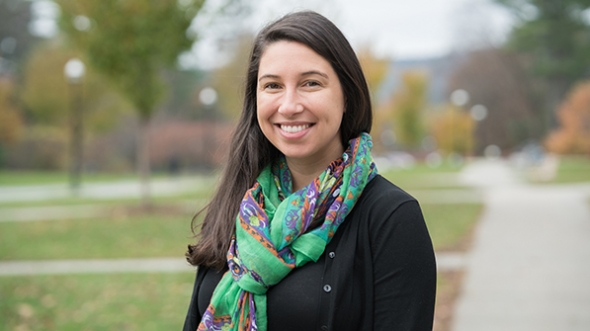
Zaneta Thayer ’08
Assistant Professor of Anthropology
I’m interested in understanding how evolution has shaped our biology to be responsive to stress, and in turn how differential exposure to stress as a result of structural inequalities can shape disparities in health.
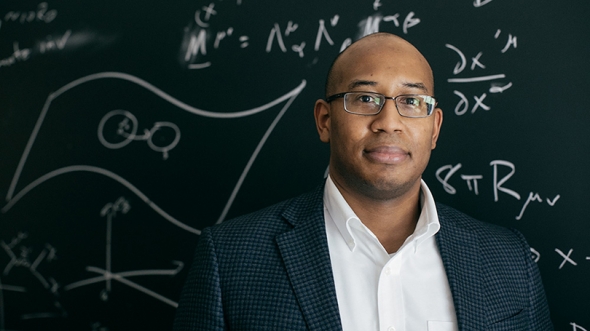
Devin Walker
Assistant Professor of Physics and Astronomy
My work focuses on understanding the underlying structure and composition of the universe. Why is gravity so much weaker than the other forces of nature? What is the theory of dark matter? What is the origin of matter?
Also joining the faculty this year is Treva Ellison, an assistant professor of geography and of women, gender, and sexuality studies.